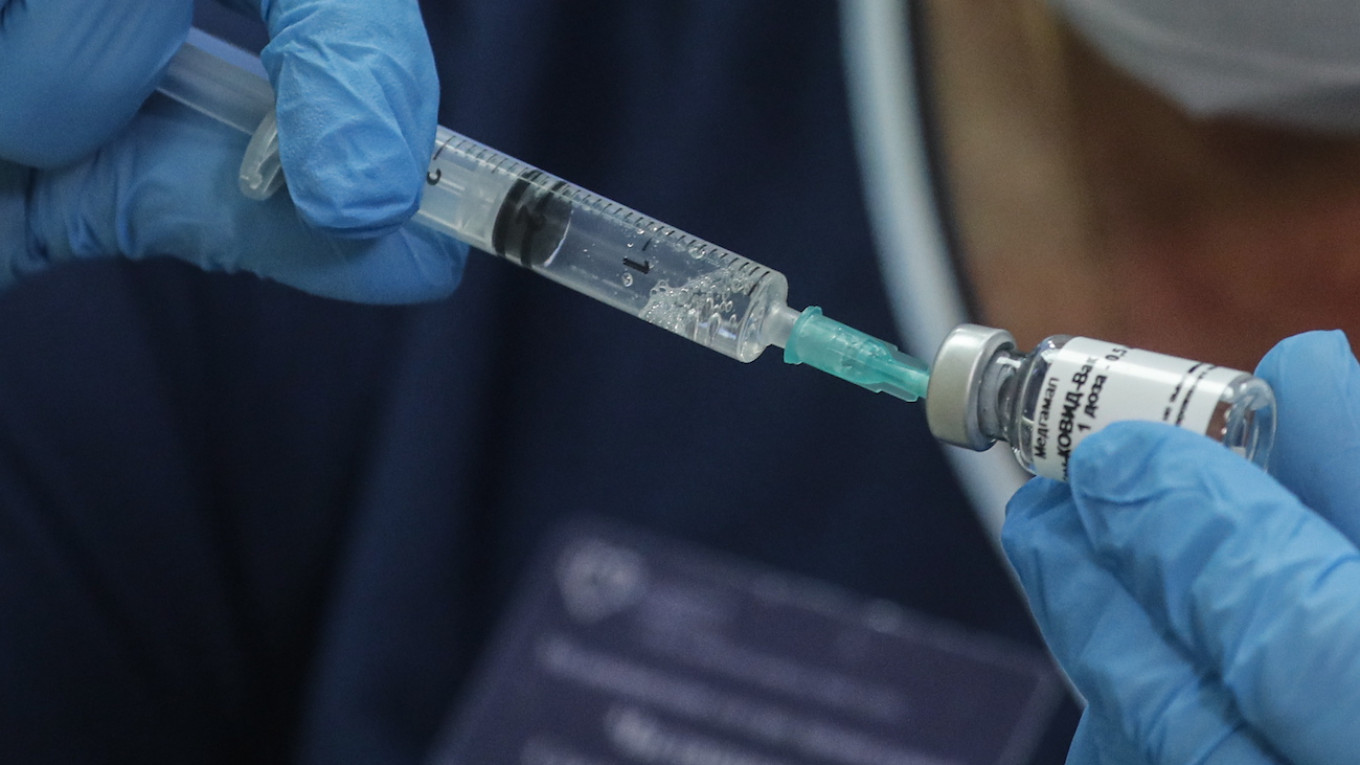More than 50 countries have requested to buy or localize production of Russia’s Sputnik V coronavirus vaccine as the race for a safe and effective vaccine that could end the deadly pandemic heats up across the globe.
In recent weeks, the Russian Direct Investment Fund (RDIF) that is marketing Sputnik V has announced plans to sell: 100 million doses to India, 50 million to Brazil, 35 million to Uzbekistan and 32 million to Mexico, as well as 25 million to Nepal and Egypt each.
Here’s a look at several other countries that have recently struck deals to conduct trials or produce Sputnik V — or been asked to help in its production:
Hungary
Hungary is set to become the first EU member state to carry out trials of Sputnik V, its authorities said, with the first samples of the jab expected to arrive from Russia by the end of next week.
South Korea
South Korea's GL Rapha biotechnology firm has signed on to produce over 150 million Sputnik V doses per year, the RDIF said. Production is expected to begin next month and South Korea-made doses will be intended for global distribution.
Venezuela
Venezuelan Vice President Delcy Rodriguez, who is currently visiting Moscow, offered to localize the production of Sputnik V after its Phase 3 trials of 1,500 vaccines and 500 placebos in the Latin American country wrap up.
Turkey
Turkey’s health ministry has voiced interest in localizing the production of Sputnik V after trials, according to Russia’s Health Ministry.
France?
President Vladimir Putin asked his French counterpart Emmanuel Macron for France's help in producing a coronavirus vaccine in a Nov. 7 phone call, French media reported. Macron was reportedly "evasive" when responding to Putin's request, saying it should first be discussed with the scientific community.
A Message from The Moscow Times:
Dear readers,
We are facing unprecedented challenges. Russia's Prosecutor General's Office has designated The Moscow Times as an "undesirable" organization, criminalizing our work and putting our staff at risk of prosecution. This follows our earlier unjust labeling as a "foreign agent."
These actions are direct attempts to silence independent journalism in Russia. The authorities claim our work "discredits the decisions of the Russian leadership." We see things differently: we strive to provide accurate, unbiased reporting on Russia.
We, the journalists of The Moscow Times, refuse to be silenced. But to continue our work, we need your help.
Your support, no matter how small, makes a world of difference. If you can, please support us monthly starting from just $2. It's quick to set up, and every contribution makes a significant impact.
By supporting The Moscow Times, you're defending open, independent journalism in the face of repression. Thank you for standing with us.
Remind me later.






